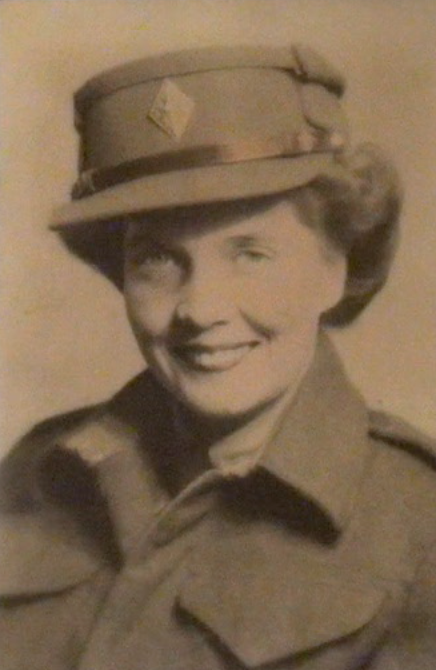Submitted by Kathryn on
Every November we don the red poppy as a symbol of remembrance. When we see that splash of red peeking out from the coats and scarves of our fellow Canadians it gives us the opportunity to pause and reflect on the commitment and sacrifices made by Canada's service women and men. Over the years, we have had the great honour to interview some veterans of World War II. Their stories of war time are shared here, so that their stories, become the stories of all Canadians.
You can view more stories of war time remembrances, and view the collections relating to World War I and World War II by visiting the Innisfil Remembers page. Click Here.
“We went first night out in No Man's land, in a wheat field, and the German's opened up on us we all hit the ground. Major Fisher, he was like a father, he was a school teacher down in St. Catherines he had to make sure that everybody got covered and he got killed, and as I was laying on the ground there, the heads of wheat were falling on my back, so that's pretty close. Then we got word to go back to bergamot that was about a half mile away and we stayed there from then on and trained and went on from there all through France ……. first of all we went to [inaudible].... four of us took almost 1200 prisoners in one day from there we travelled up to the Seine River and as we were going through fields because the roads going to the Seine River was full of dead horses and cattle and everything else the air force.... the Germans couldn't retreat. And from there we crossed the Seine River and went up on hill 88 and that was when I was wounded in my right arm and my right leg.”
- Elwood Webb

"On our tour we took the boat across to Belgium, Germany and France, mostly in Germany though is where we were finally stationed. It was very sad because there was so much bombing that had been done. We really didn’t feel too comfortable; the war had just recently ended, because there were still Nazis around, we didn’t go out alone and there was still a lot of bitterness. Everyone in Germany were Nazis although they say they weren’t most people were. One of the saddest parts we were touring around the toured as around to one of the camps where people had been killed, I think it was Belsen. And we saw a grave of 5000, if you can imagine, we saw the ovens and that was pretty devastating all way around."
- Shirlie Toro-Fralick
